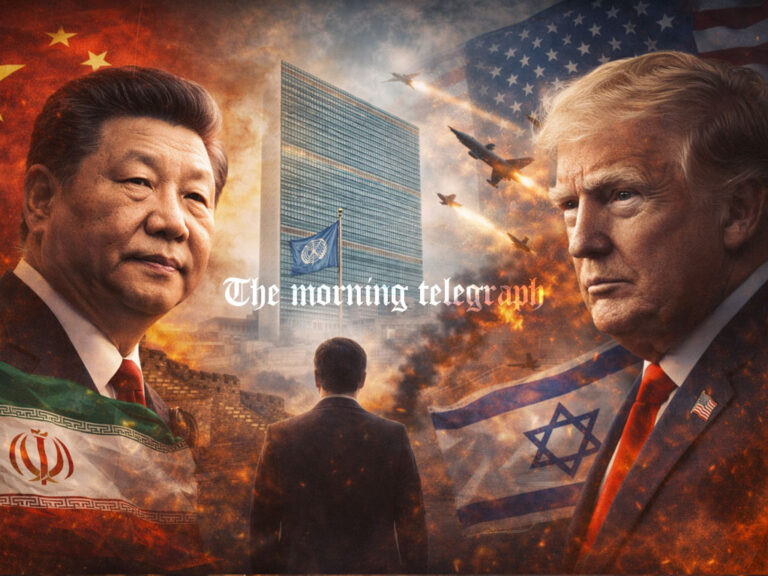
In a striking turn of tone, the United States has issued a stark ultimatum: broker peace in Ukraine within days or risk Washington walking away from the negotiating table. US Secretary of State Marco Rubio announced the shift during a press conference in Paris, signaling that the Biden administration would not allow efforts to secure a truce between Kyiv and Moscow to drag on indefinitely.
“We need to determine very quickly now – and I’m talking about a matter of days – whether or not this is doable,” Rubio told reporters. “If it’s not going to happen, then we’re just going to move on.”
This hardened stance follows months of faltering diplomacy and mounting frustration over the lack of progress in securing a ceasefire. While former President Donald Trump had famously vowed to end the war within 24 hours of returning to office, the conflict continues to rage more than three years after Russia’s full-scale invasion of Ukraine in 2022.
Adding to the urgency are recent deadly missile attacks by Russia. Ukrainian President Volodymyr Zelensky confirmed on X (formerly Twitter) that two civilians were killed on Friday in a fresh wave of strikes.
Rubio, who met with European leaders in Paris on Thursday, clarified that while the US still hoped to secure a deal, time was running out. He emphasized that America’s global priorities could not be indefinitely consumed by an intractable conflict.
Meanwhile, US Vice President JD Vance expressed cautious optimism during a visit to Rome, where he met with Italian Prime Minister Giorgia Meloni. “We do feel optimistic that we can hopefully bring this war – this very brutal war – to a close,” he stated, while declining to reveal specifics.
However, Russia’s response remains measured. Kremlin spokesman Dmitry Peskov said that negotiations were “quite difficult,” but claimed that Moscow remained open to peace efforts that protected its interests.
Behind the scenes, economic negotiations are adding further complexity. On Thursday, the US and Ukraine signed a memorandum of intent to establish an investment fund for reconstruction, aiming to finalize the agreement by April 26. While marketed as a minerals deal, sources suggest the scope could include control of Ukraine’s energy infrastructure, particularly oil and gas assets.
Critics within Ukraine’s parliament, including Ivanna Klympush-Tsintsadze, warn that the terms must benefit Ukrainians first. “I hope that whatever is signed… is in the interest of our country and our people,” she told the BBC.
Another concern is the potential requirement for Ukraine to repay past US military aid through joint investments – a sticking point that could shift the narrative from support to leverage.
The US hopes that private investment and a stronger economic footprint in Ukraine will deter future Russian aggression. However, many recall that a similar Western presence in 2022 failed to stop the initial invasion.
As a 30-day Russian moratorium on attacks against Ukrainian energy infrastructure expires, questions loom over Moscow’s next move. Peskov stated that President Putin has not issued new directives, leaving the window for escalation or de-escalation wide open.
Ukrainian Foreign Minister Andrii Sybiha met Rubio and Trump’s envoy Steve Witkoff in Paris to discuss potential paths to peace, including the deployment of a multinational peacekeeping force and formal security guarantees.
Still, with each passing day, the opportunity for a negotiated end narrows. Should Washington follow through on its threat to “move on,” the consequences for Ukraine – and the global balance of power – could be significant.




